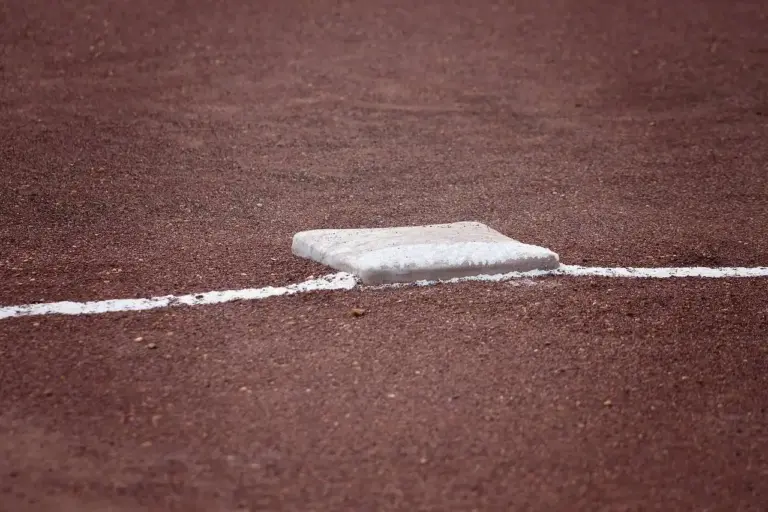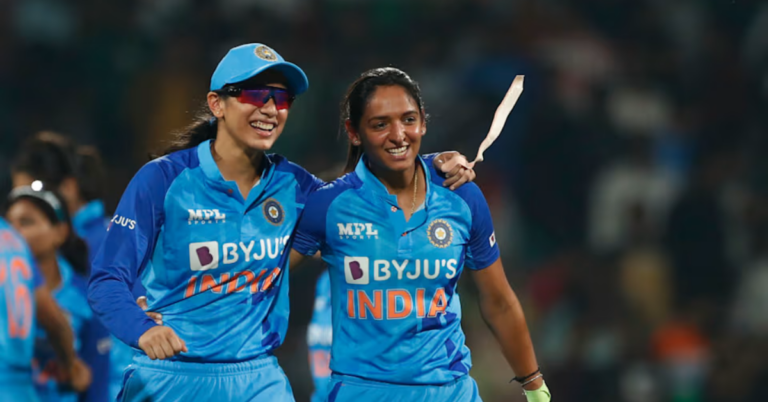Investigating the Role of Cricket in Fostering International Relations
11xplay, Reddy Book: Cricket, with its roots tracing back to 16th-century England, emerged as a pastime enjoyed by the nobility before gradually gaining popularity among the masses. Initially played as a recreational activity, cricket transitioned into a more structured and organized sport over the centuries. The formation of the world’s first cricket club, the Hambledon Club in the 18th century, marked a significant evolution in the sport’s history, setting the stage for its global expansion.
As British colonial influence spread worldwide, so did the game of cricket. The sport travelled to various regions like India, Australia, and the Caribbean through British military deployments and trade routes. The establishment of cricket clubs in these new territories laid the foundation for the sport’s growth and adaptation within different cultures, transforming it into a global phenomenon that continues to captivate millions of fans today.
The Spread of Cricket to Different Countries and Cultures
Cricket, a sport with centuries-old roots in England, has evolved into a global phenomenon stretching far beyond its traditional borders. Introduced by British colonizers in the 18th and 19th centuries, cricket quickly gained popularity in countries such as India, Australia, and the West Indies. As these nations embraced the sport, cricket began to take on new forms, influenced by local customs and cultures, shaping the way the game is played and perceived around the world.
The global spread of cricket continued throughout the 20th century, with countries like Pakistan, South Africa, and New Zealand becoming prominent figures in international cricket competitions. Each nation’s unique playing style and approach to the game added layers of diversity and richness to the sport, capturing the imagination of fans and players alike. Today, cricket has transcended geographical boundaries, acting as a unifying force that brings people from different countries and cultures together on the field of play.
Cricket as a Tool for Diplomacy and Cultural Exchange
Cricket has transcended its origins as a sport played predominantly in England to become a powerful tool for diplomacy and cultural exchange on the global stage. Through cricket matches, countries have found a common ground to engage in friendly competition, fostering goodwill and understanding between nations. The sport has provided a platform for diverse cultures to come together, promoting unity and mutual respect among players and fans alike.
In recent years, cricket has played a significant role in strengthening diplomatic ties between countries that have historically had strained relations. Matches between nations with political differences have served as opportunities for leaders to engage in dialogue and bridge gaps through the spirit of sportsmanship. Additionally, cricket has been a means for countries to showcase their unique cultural heritage, further solidifying connections and fostering a sense of camaraderie between peoples from different parts of the world.







